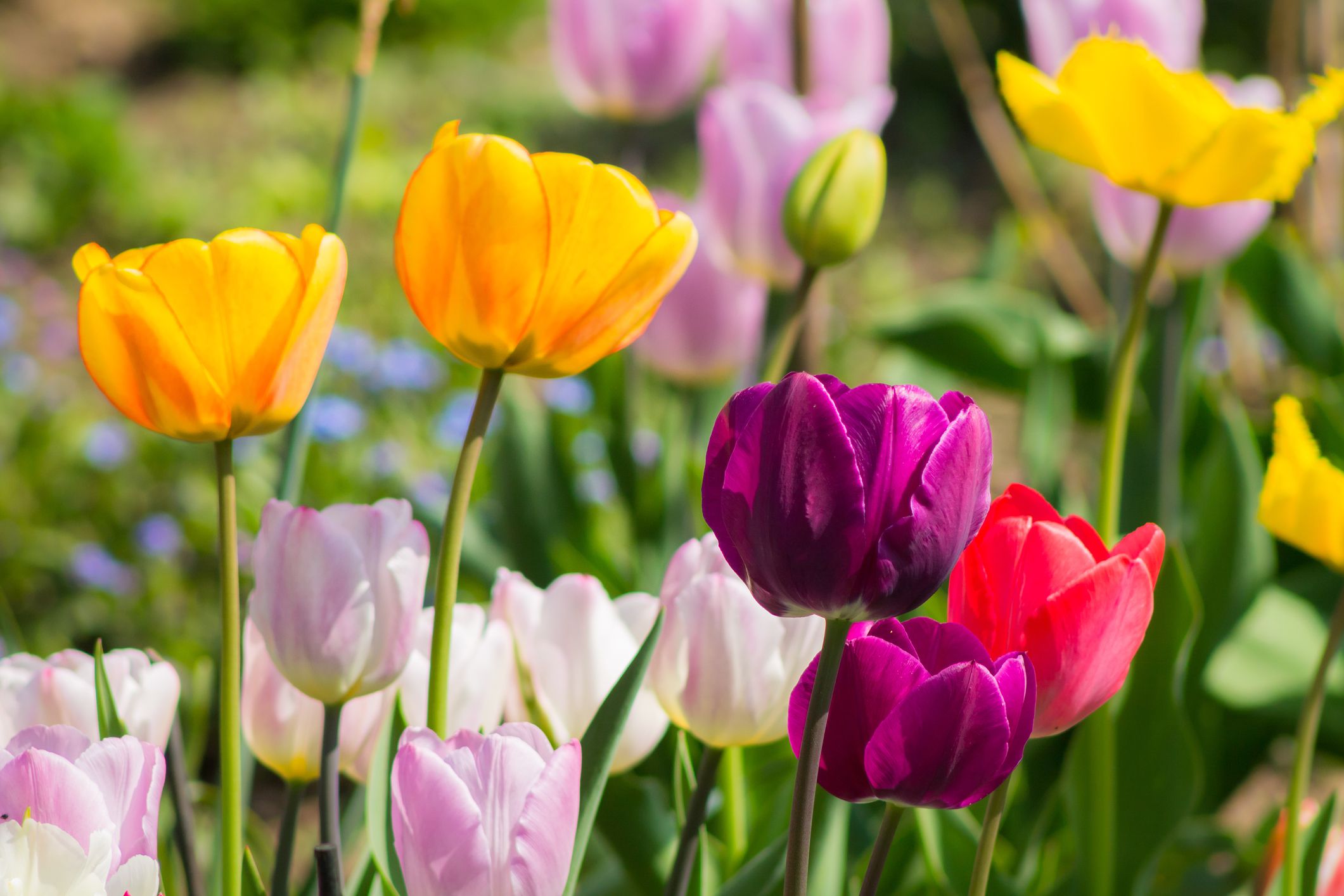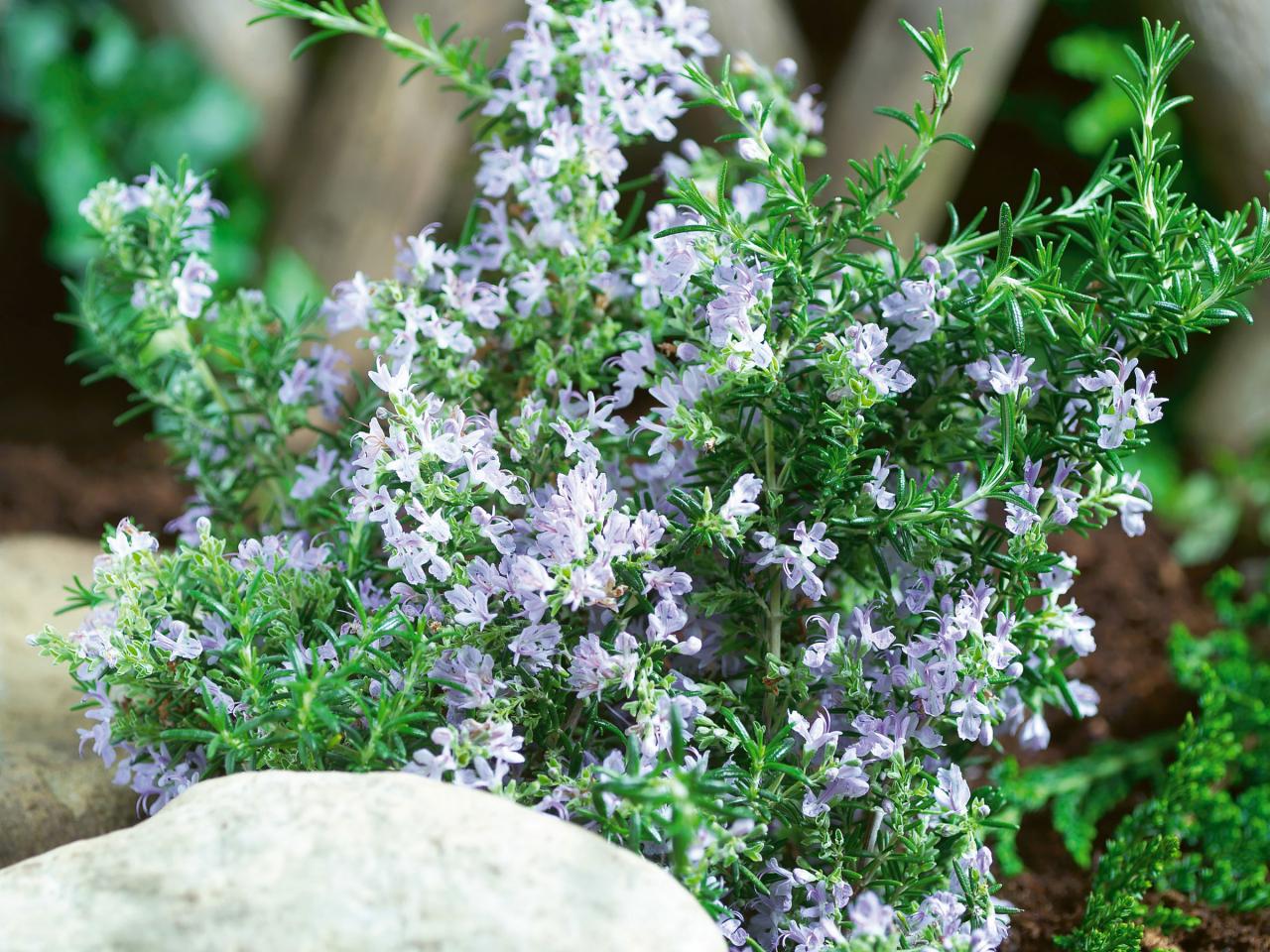Home>Gardening News and Trends>Latest News>What Does Rosemary Mean


Latest News
What Does Rosemary Mean
Published: January 31, 2024
Discover the latest news about the meaning of rosemary and its significance. Stay informed with the latest updates on this aromatic herb.
(Many of the links in this article redirect to a specific reviewed product. Your purchase of these products through affiliate links helps to generate commission for Chicagolandgardening.com, at no extra cost. Learn more)
Table of Contents
Introduction
Introduction
Rosemary, with its fragrant and distinctive needle-like leaves, has long been revered for its culinary, medicinal, and symbolic significance. This perennial herb, scientifically known as Rosmarinus officinalis, is a member of the mint family and is native to the Mediterranean region. Its name is derived from the Latin words “ros” (dew) and “marinus” (sea), reflecting its natural habitat along the sea cliffs.
Beyond its aromatic allure, rosemary holds a rich tapestry of historical and cultural significance, making it a revered herb with a timeless allure. Whether adorning a savory dish, adding depth to a fragrant bouquet, or serving as a potent symbol, rosemary has woven itself into the fabric of diverse traditions and practices.
This article delves into the multifaceted nature of rosemary, exploring its historical roots, symbolism, and diverse applications in culinary and medicinal realms. By unraveling the layers of meaning and utility associated with this revered herb, we can gain a deeper appreciation for its enduring presence in human history and culture.
Historical and Cultural Significance
Rosemary’s storied history is intertwined with ancient civilizations, where it was revered for its aromatic and medicinal properties. The ancient Egyptians held rosemary in high esteem, using it in various rituals and for its potential health benefits. Likewise, the Greeks and Romans associated rosemary with memory and remembrance, often incorporating it into ceremonies, weddings, and funerals as a symbol of love and loyalty.
During the Middle Ages, rosemary was linked to folklore and superstitions, believed to ward off evil spirits and protect against the plague. It was also a cherished herb in medieval gardens and monastic settings, where it held both culinary and medicinal value.
Across cultures, rosemary has been a symbol of fidelity, love, and remembrance, making it a popular choice for wedding bouquets and decorations. In Shakespearean literature, rosemary was often mentioned as a symbol of remembrance, further cementing its cultural significance.
Furthermore, rosemary has been an integral part of traditional medicine in various cultures, with its essential oils and extracts used to alleviate a range of ailments, from digestive issues to headaches.
Today, rosemary’s cultural significance endures, with its presence in culinary traditions, holistic therapies, and symbolic rituals. Its aromatic allure and historical resonance continue to captivate individuals, transcending time and cultural boundaries.
Symbolism and Meaning
Rosemary carries a rich tapestry of symbolism and meaning, woven into diverse cultural and historical contexts. One of its most enduring associations is with remembrance and memory. In ancient times, students would wear rosemary garlands during exams to enhance their memory, while mourners would throw sprigs of rosemary into graves as a symbol of remembrance.
Moreover, rosemary has long been linked to love, fidelity, and loyalty. In wedding ceremonies, it is often incorporated into bouquets and decorations to symbolize enduring love and faithfulness. The herb’s aromatic presence serves as a poignant reminder of the timeless bond between partners.
Additionally, rosemary has been associated with protection and purification. Across various cultures, it was believed to ward off negative energies and evil influences, serving as a guardian of well-being and positivity. The herb’s cleansing properties have been utilized in rituals and spiritual practices to create sacred spaces and promote emotional and spiritual balance.
Furthermore, rosemary’s symbolism extends to resilience and strength, reflecting its ability to thrive in harsh conditions and its enduring nature. This resilient quality has made it a symbol of hope and perseverance in the face of adversity, inspiring individuals to overcome challenges and embrace resilience.
Overall, the symbolism and meaning of rosemary are deeply rooted in themes of remembrance, love, protection, and resilience, making it a cherished emblem in diverse cultural and ceremonial settings. Its enduring significance continues to resonate with individuals seeking to honor traditions, celebrate love, and embrace the profound symbolism embodied by this revered herb.
Culinary and Medicinal Uses
Rosemary’s versatility extends to both culinary and medicinal realms, where its aromatic leaves and essential oils are prized for their flavor-enhancing and therapeutic properties. In the culinary world, rosemary is celebrated for its robust and pine-like flavor, which adds depth to a myriad of dishes. Whether used fresh or dried, its distinctive taste complements a wide range of culinary creations, from roasted meats and vegetables to savory breads and sauces.
Medicinally, rosemary has been valued for centuries for its potential health benefits. Its essential oils contain compounds that have been linked to improved digestion, enhanced cognitive function, and reduced inflammation. Additionally, rosemary has been used in traditional herbal medicine to alleviate headaches, soothe muscle aches, and promote overall well-being.
Moreover, rosemary’s antioxidant properties have garnered attention for their potential role in supporting immune health and combating oxidative stress. The herb’s essential oils and extracts are utilized in aromatherapy and holistic wellness practices to promote relaxation, mental clarity, and emotional balance.
Furthermore, rosemary-infused teas and tinctures are embraced for their potential digestive benefits, serving as natural remedies for indigestion and bloating. The herb’s aromatic essence and therapeutic compounds make it a valuable ally in promoting digestive wellness and overall vitality.
Whether adorning a culinary masterpiece or serving as a holistic remedy, rosemary’s multifaceted uses continue to captivate chefs, herbalists, and wellness enthusiasts alike. Its enduring appeal in both culinary and medicinal spheres underscores its timeless value and far-reaching impact on diverse aspects of human well-being.
Conclusion
Rosemary, with its aromatic allure and multifaceted significance, stands as a timeless emblem of remembrance, resilience, and vitality. From ancient rituals to modern culinary delights and holistic remedies, this revered herb has woven itself into the fabric of human history and culture, leaving an indelible mark on diverse traditions and practices.
Its rich symbolism, encompassing themes of love, fidelity, protection, and memory, continues to resonate across cultural and ceremonial landscapes, offering a poignant reminder of enduring values and cherished traditions.
Furthermore, rosemary’s culinary and medicinal uses exemplify its remarkable versatility and enduring appeal. Whether infusing savory dishes with its robust flavor or offering potential health benefits through its essential oils and compounds, rosemary continues to inspire chefs, herbalists, and wellness enthusiasts with its diverse applications.
In essence, the profound significance and enduring utility of rosemary underscore its timeless relevance in the tapestry of human experience. Its aromatic presence and symbolic resonance serve as a testament to the enduring connection between nature, culture, and well-being, inviting individuals to embrace the timeless allure of this cherished herb.
As we continue to honor age-old traditions, savor culinary delights, and seek holistic wellness, the enduring legacy of rosemary remains a steadfast companion, enriching our lives with its aromatic essence, profound symbolism, and multifaceted contributions to our well-being.








